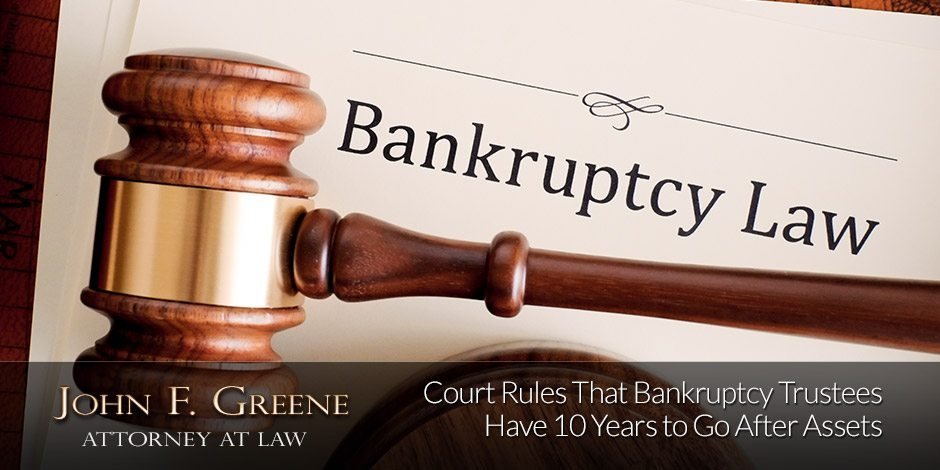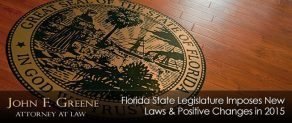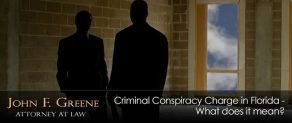
A recent ruling in Florida bankruptcy court held that bankruptcy trustees may use the IRS’ 10-year-post-assessment recovery period in order to pursue assets via fraudulent transfers. This, in effect, serves to extend the length of an estate’s claims past the shorter duration allowed by Florida’s statute of limitations.
The ruling is the first of its kind coming from a Florida bankruptcy court, and the ruling effectively gives bankruptcy trustees 10 years to go after assets. The practical takeaway of this case is that bankruptcy trustees can use this recent ruling to aggressively pursue funds for bankruptcy estates.
In this 2016 case, U.S. Bankruptcy Judge Robert Mark said that the Chapter 7 trustee in charge of a construction consultant’s estate could sue the debtor’s wife in order to recover assets that were transferred to her in 2005 as a ploy to avoid creditors. Judge Mark recognized that there were not many cases on this issue, and he surmised that this could be the case because “bankruptcy trustees have not generally realized” that this reach-back tool is legally permitted.
Judge Mark recognized that, should awareness of this legal possibility increase, more bankruptcy trustees will use this ruling to avoid statute of limitations issues based on Bankruptcy Code Section 544(b). This section of the Bankruptcy Code gives a trustee the right to step into a creditor’s shoes, suing on the creditor’s behalf to recover funds. Additionally, 544(b) gives trustees the legal authority to enjoy the same 10-year period granted to the IRS when suing on the agency’s behalf.
While there are not many court cases that have covered this issue, the vast majority have ruled in the same way Judge Mark did in this Florida bankruptcy case. The implications of this case seem to be that trustees can use Section 544(b) as another way to provide better distribution for a creditor’s estate.
All bankruptcy trustees need to be aware of this legal development since the IRS is a creditor in a great number of Florida bankruptcy cases. If you are a Florida bankruptcy attorney and are left wondering how this case could affect your role in a Florida bankruptcy proceeding, Destin bankruptcy attorney John F. Greene will walk you through the specifics of these legal developments.
John F. Greene is a Destin bankruptcy lawyer who represents clients in Destin as well as client throughout the Emerald Coast and Northwest Florida, including Santa Rosa, Okaloosa, Walton and Bay Counties. From his office in Destin, John also helps bankruptcy clients and trustees in the Destin, Niceville, Santa Rosa Beach, Fort Walton Beach and Panama City communities.
Contact John F. Greene or call 850-424-6833 for a legal consultation to learn more about how the latest case law could affect your role as a Florida bankruptcy trustee.









